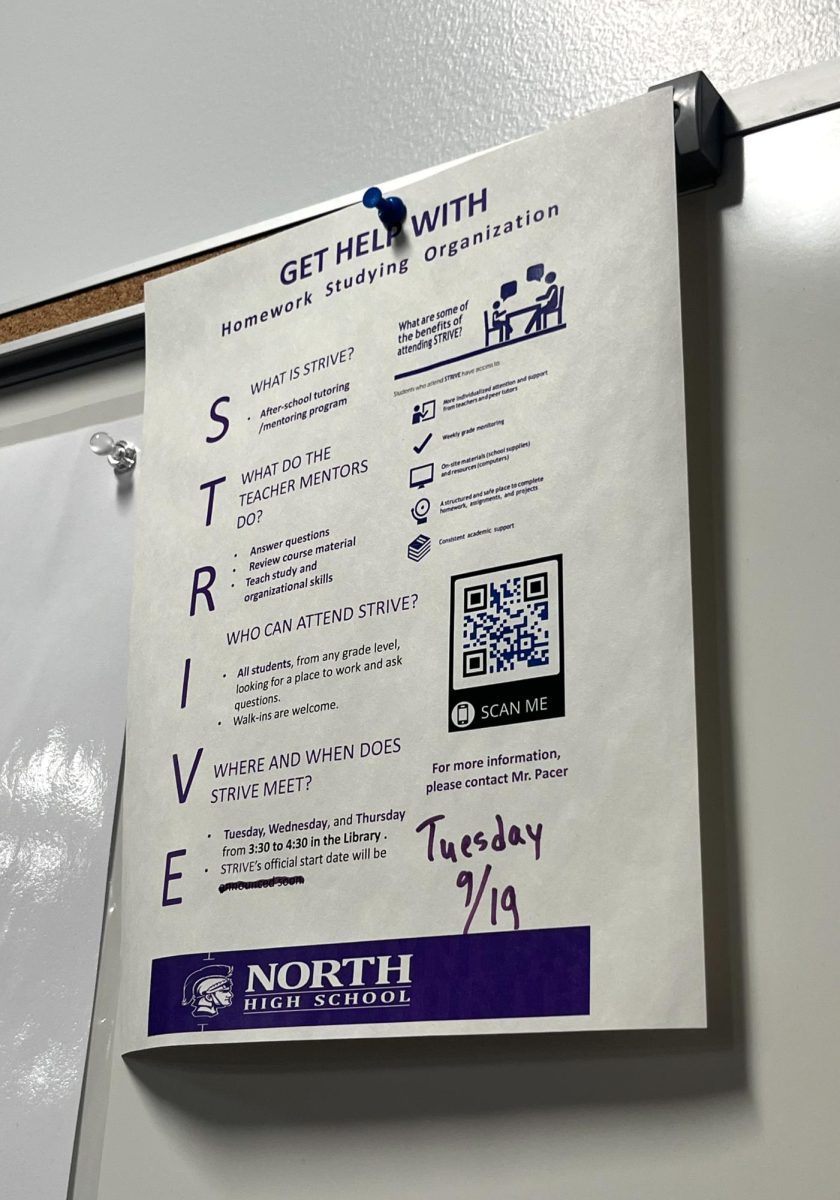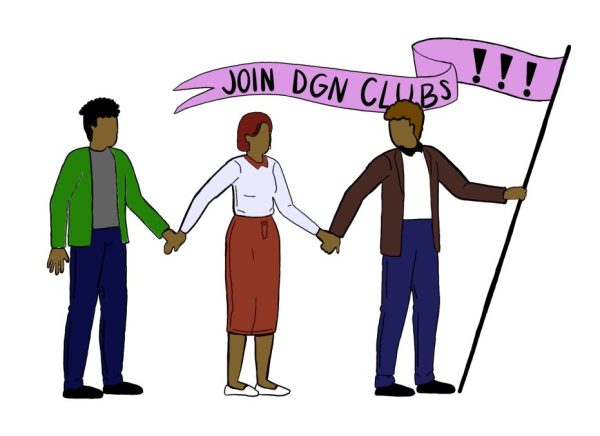Fidget spinners cause distractions in class
June 5, 2017
In recent weeks, fidget spinners have become a hot item among students. These toys can be purchased almost anywhere, from the internet to convenience stores. Recently, elementary and middle schools have been banning their use on the grounds that they can be a disturbance to students while in class. This new trend and it’s resulting ban have sparked comments among major news outlets such as the Chicago Tribune, CNN, and Forbes. As an easily distracted student who does not own a fidget spinner, I am often distracted by people who do.
Although this is not the case for everyone, attempting to stay focused on a teacher while the student next to you is playing with a fun toy can be very difficult. Many students feel the need to be doing something with their hands all the time, a fidget spinner gives them something to fidget with anywhere.
The original intent of a fidget spinner was to act as a toy, not a focus device. Now, scientists are claiming that the spinning of the toy can help relieve stress. According to Forbes, there is no proof that the fidget spinner can actually relieve stress or help with ADHD. Students are using excuses like these to use fidget spinners in class, regardless of whether they are helping or hurting their education.
Our eyes are trained to be naturally attracted to motion and sound, so when a student sitting next to you is playing with a distracting toy that both moves and makes noise, you can’t help but lose focus on class.
On the other hand, a student may see the spinner as a necessity to focus throughout their school day. Having a special device aimed specifically towards not being able to sit still in class can be seen as a huge benefit to a kid who used to do anything they possibly could to let out their antsiness. But with this comes the issue of hyperfocusing on the toy and losing interest in the class.
Fidget spinners can replace the annoying pen clicking, toe tapping, and leg shaking but the spinners come with their own disruptive qualities and require slightly more focus. Although the fidgeting will never come to an end, more schools may look to banning the use of the toy in school for the benefit of students. Rather than distracting others with the toy, different ways to deal with the need to fidget include gum chewing, doodling, or tapping your fingers together.











